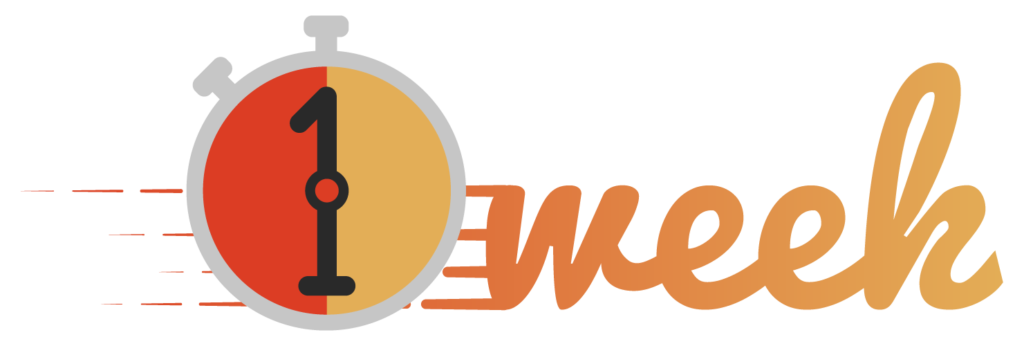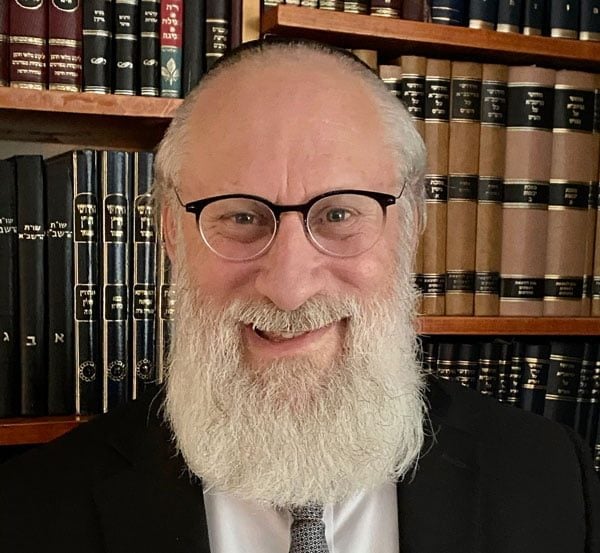Ask the Rabbi: Passover Matzah Part III: Why Eating Matzah for a Week?

Dear Rabbi Fried,
I understand why we eat matzah on the Seder night, to commemorate what transpired at that time, that the Jews left quickly and the bread didn’t have a chance to rise. But why a whole week? Is there something more that we should be thinking about when abstaining from bread all week, something deeper? Only once did we receive matzah in Russia, and we didn’t even know about eating it a whole week. Now that we have the opportunity to do so, I would like to k now why. Thank you,
Vadeem Z.
Dear Vadeem,
I am so happy for you that you now have this wonderful opportunity to fulfill Passover to its fullest extent. I’ve often felt, and have heard firsthand from many in your situation, that in our generation those Jews who were set free from the former Soviet Union are the ones who can truly feel the feelings of freedom on Pesach, and we all rejoice in your freedom.
Pesach, being the celebration of our freedom, does not focus merely on the physical side of our freedom, although that is a great thing in its own right. The primary focus of Pesach is the spiritual freedom it grants us. This can be understood on two levels. Firstly, it means we have the freedom to practice our own religion, unlike the forced idol-worship of Egypt.
More importantly, it refers to our own inner freedom. This means to be in control of our lusts and desires. It means to have the inner strength to be steadfast in our beliefs of what is morally right or wrong, despite the whims and winds of society, or what others might say about us because of our beliefs. It means to be humble and accepting of the opinions, and sometimes even the rebuke, of those greater or more knowledgeable than ourselves. One who lives with such strength has attained inner freedom. Coming from the former Soviet Union, I’m sure you know some Jews who exercised such freedom.
Leavened bread, in the terminology of the Talmudic sages, represents the yetzer hara, or the inclination to evil. The yeast blows up the bit of dough far beyond its natural size, hinting to a person’s inclination towards haughtiness, being “full with oneself.” Before Pesach, we search the home for all chametz (leavened products), and remove it from our possession (either by burning it, or by selling it, depending on how much there is).
Then, on Pesach, we eat the matzah, which is the simple bread, unleavened and un-expanded, hinting to our inner freedom from our yetzer hara. We are a free nation, in control of our desires, recognizing but not expanding, our greatness as G‑d’s Chosen People. This is the celebration of seven days of Pesach. Seven, in mystical terms, refers to the physical world (i.e. seven days of creation, seven days of the week, seven basic colors, seven musical tones, etc.).
Throughout an entire time period of seven, we subjugate our physical desires to more spiritual ones, by eating matzah with all its message of inner freedom and strength to be a worthy member of this holy, redeemed nation. This will infuse us with Jewish pride, and the desire to pass this message on to the next generation, which is truly the mitzvah of Haggadah, to teach our children to be the torchbearers of our heritage.
Perhaps another time we will discuss another period of seven which begins with Pesach, the period known as “sefiras ha’omer” or counting of the omer, which stretches across 7 weeks or seven times seven days, when we count the days from leaving Egypt until receiving the Torah at Mt. Sinai, on the holiday of Shavuos.
A wonderful Pesach to you and all the readers, and may you be so proud that you have been granted such a great merit to fulfill this mitzvah in this great country.




